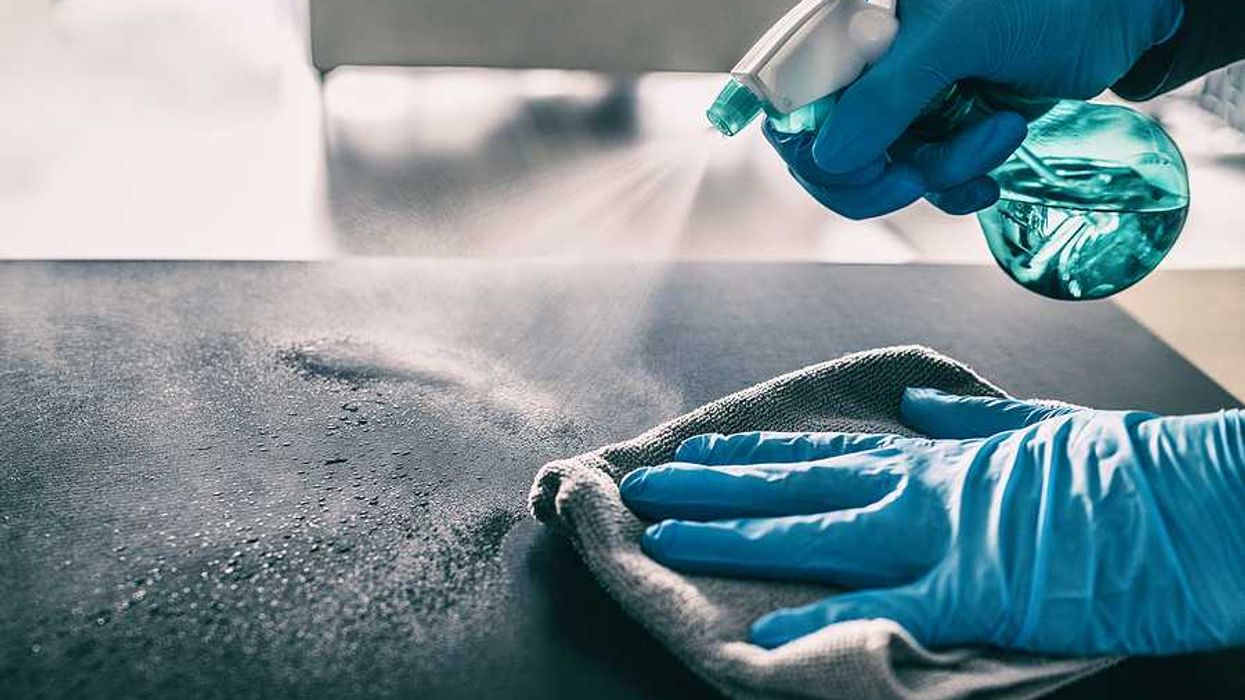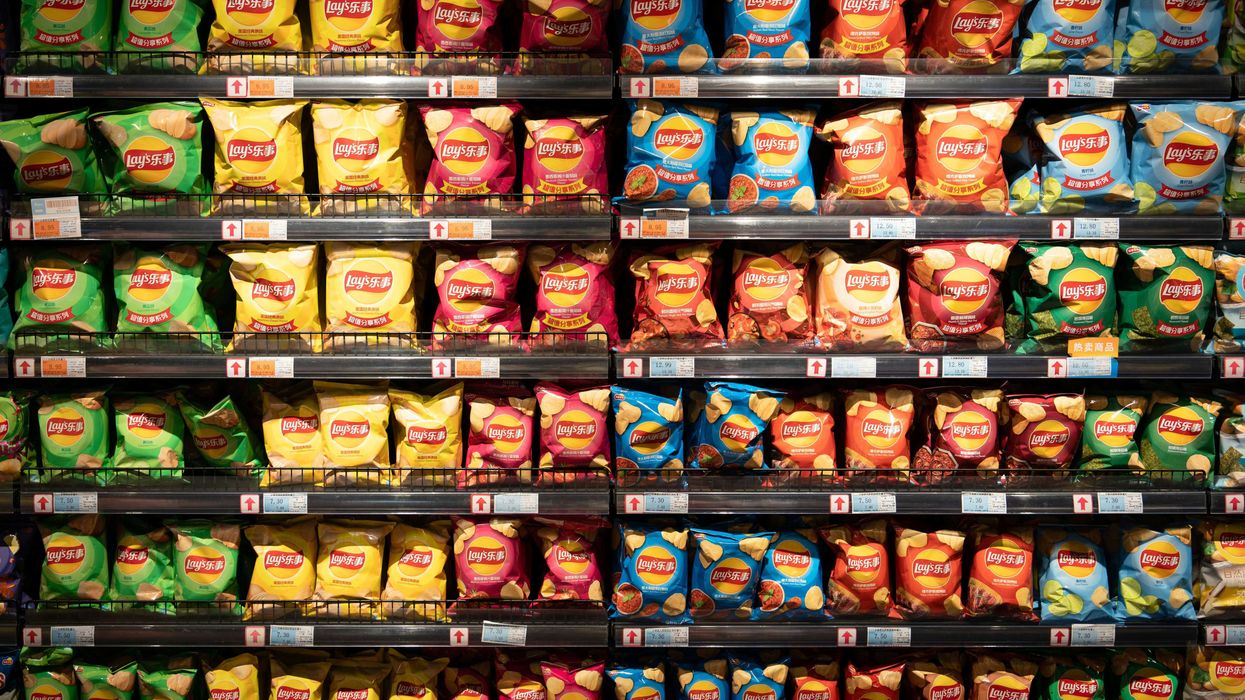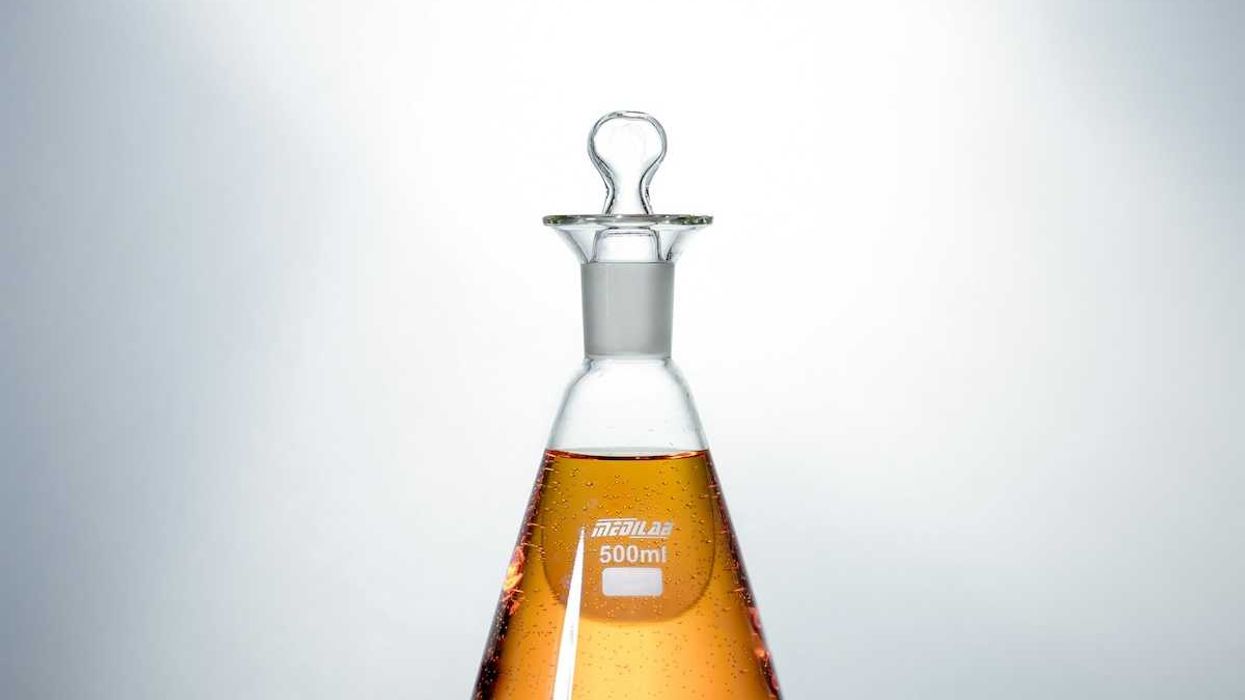The black plastic spatulas and trays in our kitchens might be introducing toxic chemicals into our food, according to a new study linking black plastic recycling to dangerous flame retardants banned years ago.
Kristin Hostetter reports for Outside.
In short:
- Researchers found high levels of toxic brominated flame retardants (BFRs) in black plastic kitchen utensils and takeout containers, exposing consumers to chemicals tied to cancer and developmental issues.
- The study highlights recycling flaws, as these toxic plastics often come from e-waste recycling, reintroducing banned chemicals into everyday products.
- Environmental advocates warn that recycling plastic isn’t a solution; instead, we need regulations to stop harmful chemicals from returning to our homes.
Key quote:
“Without regulations to end the use of harmful chemicals and prevent them from being recycled, toxic flame retardants will continue to enter our homes through the back door and show up in products.”
— Megan Liu, science and policy manager for Toxic-Free Future
Why this matters:
The reprocessing of e-waste introduces previously banned or restricted chemicals into homes and businesses, evading regulatory oversight. In the absence of stronger regulation, it makes sense to avoid black plastic in kitchens altogether.
Read more: Unregulated toxic chemical found in breast milk for the first time.














